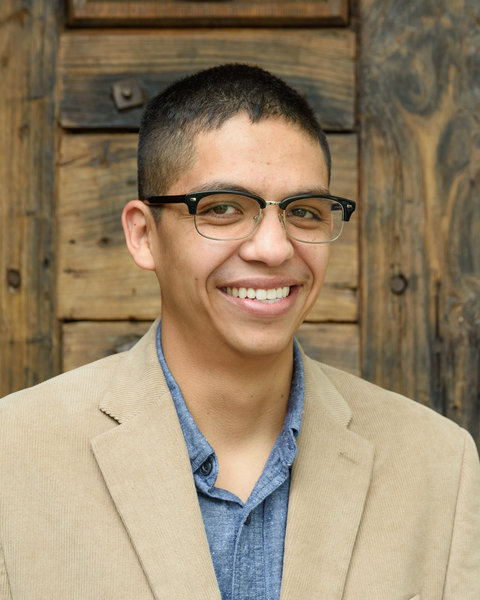Gregorio Gonzales
2016-2017
Katrin H. Lamon Resident Scholar
Affiliation at time of award:
Ph.D. Candidate
Department of Anthropology
University of Texas at Austin

Si Eres Genízaro: Race, Indigeneity, and Belonging in Northern New Mexico
This project examines the politics of racialization, representation, and subject formation in northern New Mexico and the U.S. Southwest Borderlands through an anthropological study of Genízaro identity in the Chama and Taos valleys. Genízaros remain historical figures of study, yet modern individuals, families, and communities experience Genízaro identity as a part of their lives and culture. Using a rigorous research agenda, Gonzales’ analytical and methodological movements focus on particular histories and experiences of Genízaro social life within both valley communities. His study interrogates the structuration of intelligible, distinctly Indigenous existence vis-à-vis settler state and Indigenous power structures. Gonzales examines why Abiquiú youth were enrolled and expelled from Indian boarding schools between 1890 and 1940; how Genízaro cultural representations were conceptualized within Native-specific performative spaces on the National Mall in 1992; how both communities continue reproducing cultural forms; and considers how each community now approaches the politics of Indigenous recognition.
COLLOQUIUM
Sı Eres Genízaro: Recognition, Belonging, and Genízaro Indigeneity in Northern New Mexico
Dobkin Boardroom, SAR Administration Building
Wednesday, October 19, 2016, 12:00–1:00 pm, Free
Whether serving as the corporeal buffer zones between Native and colonial modes of power as Indigenous slaves, settlers, or military scouts, Genízaro communities continue to be recognized for their historical presence in the eighteenth and nineteenth centuries, and their absence from the region today. Yet in the Rio Chama and Taos valleys, individuals, families, and communities maintain Genízaro identity as a continued experience. Blending archival and ethnographic research with innovative theoretical and methodological frameworks, this colloquium presentation will attend to particular histories and experiences of Genízaro social life within the Pueblo de Abiquiú and Ranchos de Taos. Through this critical work, Gonzales will explore how community-based articulations of Genízaro identity continue to navigate the racial geographies and national imaginaries of northern New Mexico and beyond.
Videography by John Sadd.